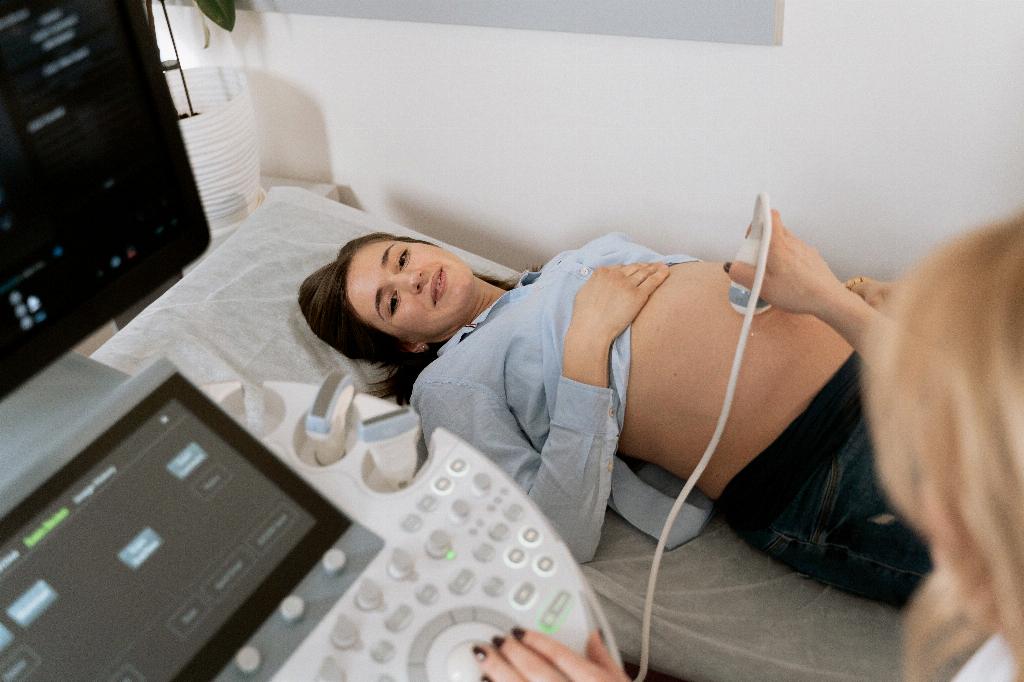When it comes to the question of whether varicella, commonly known as chickenpox, can cause birth defects, there are crucial facts to consider. If a pregnant individual contracts chickenpox, especially during the first 20 weeks of pregnancy and particularly between weeks eight and 20, there is a slight risk involved. This risk pertains to the potential development of a rare group of serious birth defects collectively referred to as congenital varicella syndrome.
Timing and Impact on the Unborn Child
The timeline of exposure to varicella during pregnancy is crucial in determining the potential impact on the unborn child. While the overall risk of birth defects due to chickenpox is relatively low, the risk increases if the infection occurs within the specified window. The first 20 weeks of pregnancy represent a critical period in fetal development, and exposure to the varicella zoster virus during this time can pose a higher risk to the fetus.
Understanding Congenital Varicella Syndrome
Congenital varicella syndrome is a rare but serious condition that can result from maternal varicella infection during pregnancy. This syndrome encompasses a range of birth defects that can affect various systems of the body, including the skin, eyes, limbs, and central nervous system. The severity of these defects can vary, with some cases being more severe than others.
Specific Risks and Complications
Some of the specific risks and complications associated with congenital varicella syndrome include skin lesions, limb hypoplasia, muscle atrophy, and scarring. Additionally, infants born with this condition may experience developmental delays, vision problems, and neurological issues. The impact of congenital varicella syndrome on the affected child can be long-lasting and may require ongoing medical care and support.
Prevention and Treatment Strategies
Preventing varicella infection during pregnancy is crucial in mitigating the risk of congenital varicella syndrome. Vaccination against chickenpox before conception or during the postpartum period can help protect individuals from the virus. If a pregnant individual is exposed to varicella or develops chickenpox-like symptoms, seeking medical advice promptly is essential to explore treatment options and minimize potential risks to the fetus.
Consultation with Healthcare Providers
Pregnant individuals who have concerns about varicella and its potential impact on their pregnancy should consult their healthcare providers for personalized guidance. Obstetricians and maternal-fetal medicine specialists can provide specific recommendations based on individual circumstances and health history. Open communication with healthcare professionals is key in addressing any questions or concerns related to varicella and pregnancy.
Importance of Prenatal Care
Regular prenatal care plays a vital role in monitoring the health and development of both the pregnant individual and the fetus. Through routine check-ups, screenings, and ultrasounds, healthcare providers can detect any potential issues early on and provide appropriate interventions. Prenatal care also involves discussions about vaccination, infection prevention, and overall well-being during pregnancy.
Educational Resources and Support
Accessing educational resources and seeking support from healthcare professionals, childbirth educators, and support groups can empower pregnant individuals to make informed decisions about their health and pregnancy. Understanding the risks, prevention strategies, and available treatments for varicella and other infections during pregnancy can help individuals navigate this period with confidence and peace of mind.
Conclusion
In conclusion, while varicella can potentially cause birth defects, particularly in cases of maternal infection during the first 20 weeks of pregnancy, the overall risk is relatively low. Awareness of the risks, timely vaccination, proactive prenatal care, and open communication with healthcare providers are essential components in safeguarding the health and well-being of both the pregnant individual and the unborn child.

